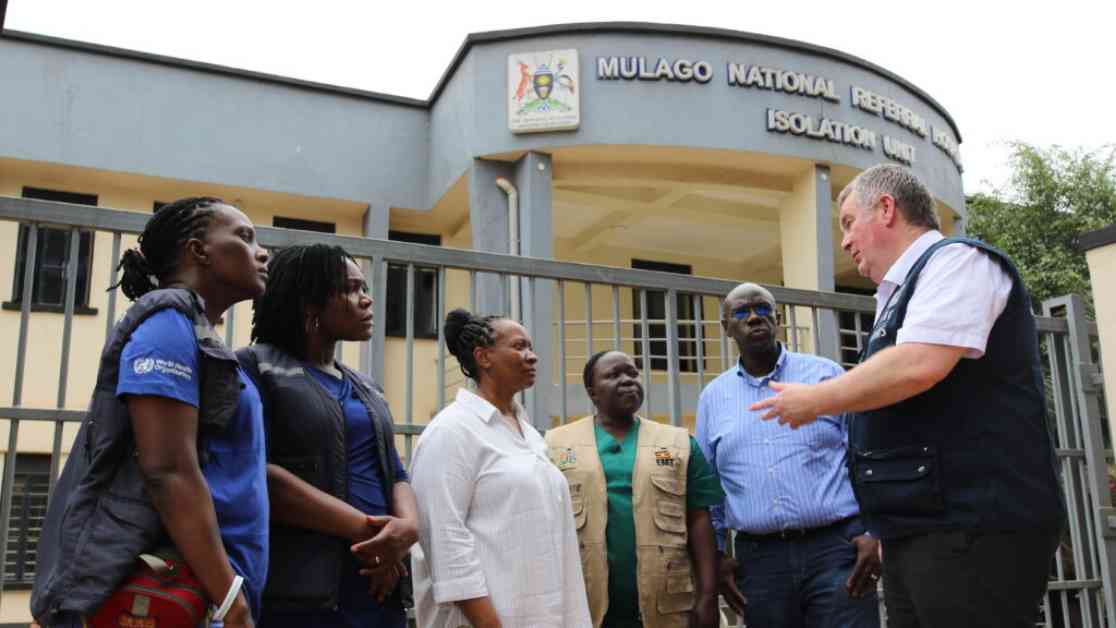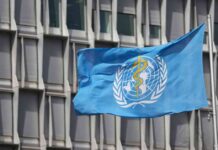The Ugandan Ebola Patient Contacts Ill, Vaccination Efforts Start Sunday
A recent Ebola outbreak in Uganda has sparked concerns as six individuals who came in contact with the latest Ebola case have fallen ill. The World Health Organization’s health emergencies program is working swiftly to contain the situation, with the husband of the deceased patient among those who have taken ill. Mike Ryan, a key figure in the response efforts, highlighted the urgency of the situation from Kampala, Uganda’s capital. The outbreak has not only raised public health concerns but has also faced challenges due to a freeze on aid by the Trump administration, leading to shortfalls in crucial areas that the WHO is now managing.
Uganda’s Response and Funding Challenges
Uganda relies on funding from the U.S. Agency for International Development for essential activities such as transporting samples for testing and conducting border screenings to prevent the spread of diseases. With these funds currently unavailable, the WHO has stepped in to fill the gap. Mike Ryan, who is actively involved in the response efforts, emphasized the importance of timely funding for health security projects to effectively combat outbreaks like the current one.
The U.S. aid is critical for supporting key initiatives like border screenings at international entry points and transporting samples for testing. These measures are vital in containing the spread of diseases like Ebola and preventing them from reaching other countries. The WHO has temporarily taken over these responsibilities until the funding issues are resolved, highlighting the need for continued support to bolster global health security efforts.
Vaccination Efforts and Preparedness
Vaccination efforts targeting known contacts and healthcare workers are set to commence as early as Sunday, utilizing an experimental vaccine developed by the non-profit organization IAVI. The unique nature of the current Ebola strain, Ebola Sudan, necessitates the use of a specialized vaccine, distinct from the licensed Ebola Zaire vaccines. The experimental vaccine has already been prepositioned in Uganda, allowing for a rapid response to the outbreak.
The Ugandan government, along with international partners, has been proactive in training vaccination teams and integrating them with surveillance units to facilitate a coordinated response. With over 234 contacts identified, efforts are underway to contain the outbreak and prevent further transmission. The quick response and transparency demonstrated by Ugandan authorities have been crucial in addressing the situation effectively, emphasizing the need for continued support and collaboration.
As the situation unfolds, it remains imperative to monitor the progress of vaccination efforts and containment measures to prevent the spread of Ebola. The collaborative efforts of local and international health organizations, coupled with timely funding and support, are essential in mitigating the impact of outbreaks and safeguarding public health.
The Ugandan government’s swift response and transparency have set a positive precedent for managing public health crises, underscoring the importance of global cooperation in combating infectious diseases. As the situation evolves, ongoing vigilance and preparedness will be key in containing the outbreak and protecting communities from the spread of Ebola.


















